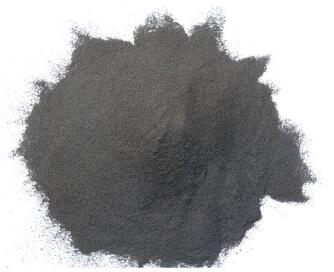1. Promote the development of crop root system and improve the germination rate. Potassium humate is rich in a variety of nutrients. After 3-7 days of use, new roots can be seen, and secondary roots are greatly increased, which can quickly improve the ability of plants to absorb nutrients and water, promote cell division, and accelerate crop growth.
2. Improve fertilizer utilization. Potassium humate provides the required carbon source for the activities of beneficial microorganisms in the soil, and the nitrogen source promotes the mass reproduction of microorganisms, nitrogen fixation, phosphorus solution, potassium solution, thus greatly improving the utilization rate of nitrogen, phosphorus and potassium, which can generally improve the utilization rate. 20% or more.
3. Improve the ability of plants to resist drought, cold and disease. Potassium fulvate can promote the formation of soil aggregate structure, enhance the ability of soil to retain fertilizer and water, and enhance the drought resistance of plants. Developed, the ability to absorb nutrients and water is greatly enhanced, the plants are robust, and the disease resistance is strong.
4. Increase output and improve quality. Potassium fulvic acid is fully water-soluble, easy to absorb, and has strong permeability. The effect is more than 10 times that of ordinary humic acid. The active substance of fulvic acid can greatly enhance the nutrition of plants themselves, increase yield, and improve crop quality.
5. Improve soil and resist stubble. Fulvic acid combines with calcium ions in the soil to form a stable granule structure, the water, fertilizer, air and heat conditions of the soil can be adjusted, the beneficial bacteria in the soil multiply, and the harmful bacteria in the soil are controlled, thereby improving crop resistance. Soil compaction and salinity caused by long-term excessive fertilization have obvious remediation functions.
Post time: Feb-10-2022






